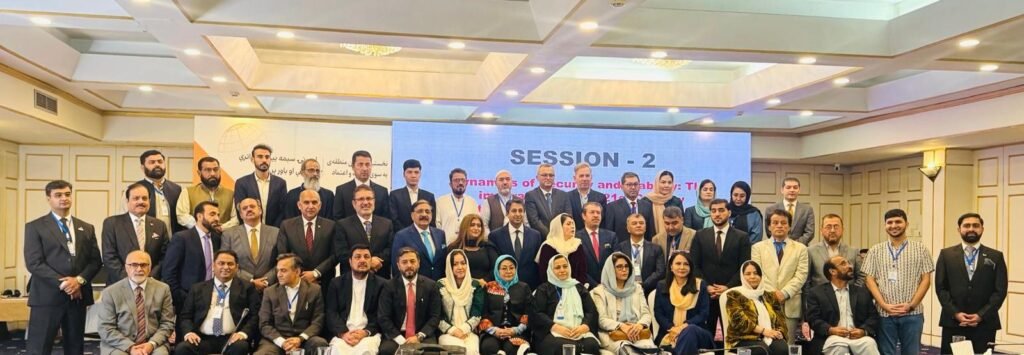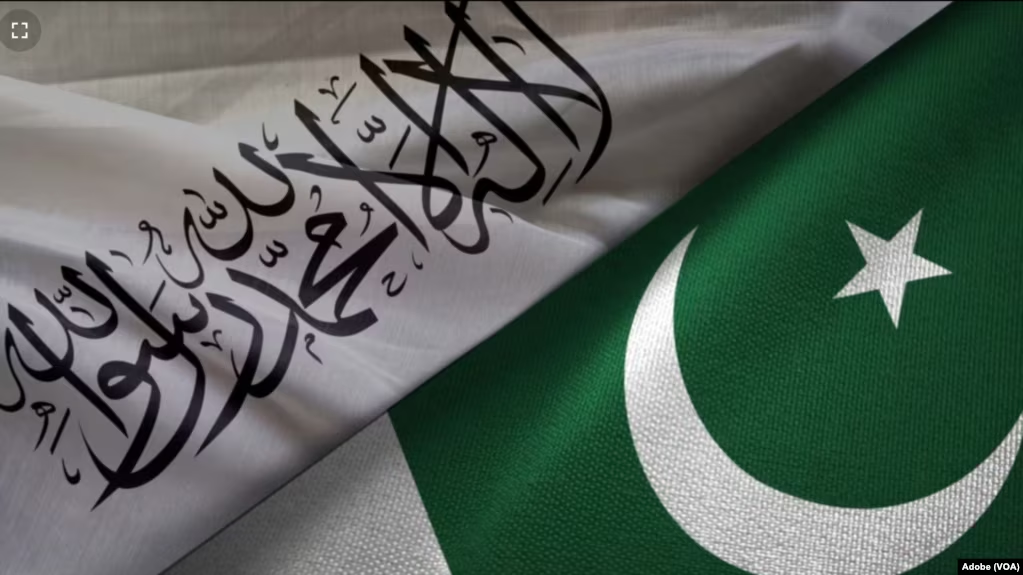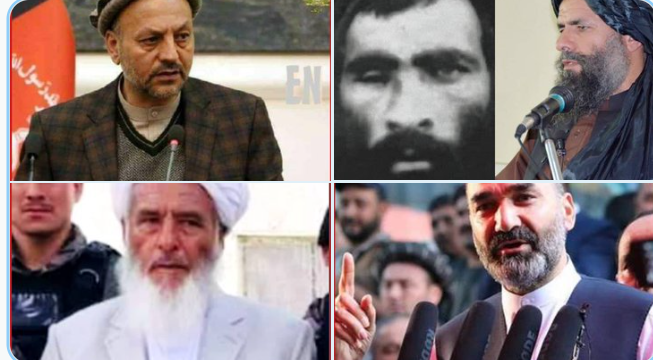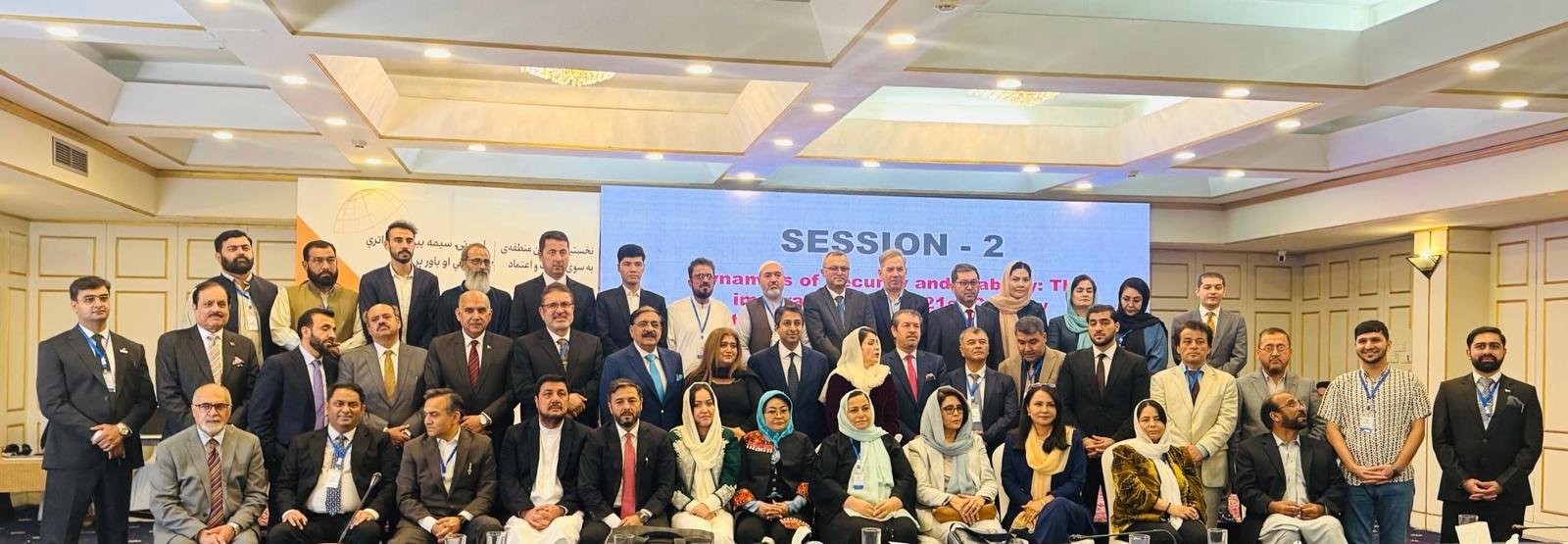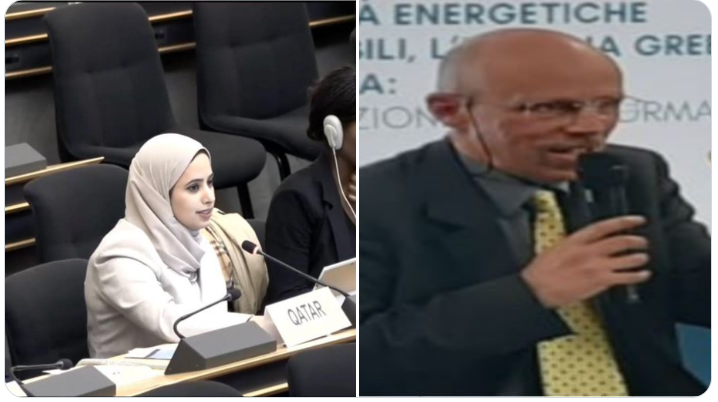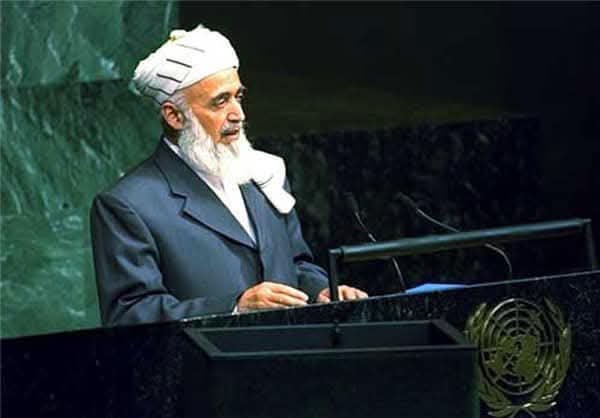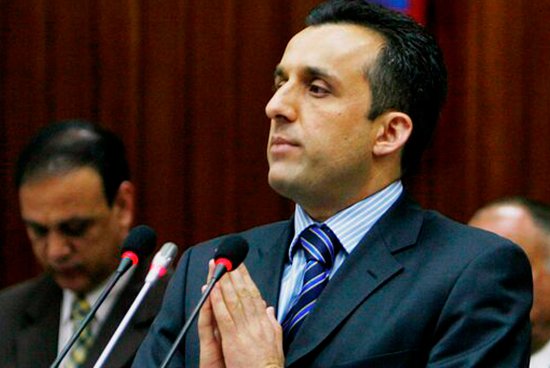The South Asian Strategic Stability Institute (SASSI) hosted its “Towards Unity and Trust” conference in Islamabad on September 29–30, where some Afghan attendees described being treated like a delegation from a government in exile. Subtle emblems and orchestrated proceedings appeared designed to signal to the Taliban Islamabad’s remorse for fully backing their advance straight to Kabul’s presidential palace—and for persuading key players, from the U.S. in Doha to Iran, China, and Central Asian states beforehand, to lend their support in one way or another.
Are they feeling shame for being on the wrong side of history for so long? It is too early to judge. The personalities profiled here told the Afghan attendees that Islamabad wants to work with a wider Afghan political class—from all four corners of Afghanistan—to help bring back a government and a state system that mirrors the country’s rich ethnic and cultural pluralism! The main words in the event’s title—”Unity” and “Trust”—are values and principles that Pakistan has dynamited with IEDs and destroyed through its deadly backing of the Taliban in Afghanistan for decades. But does this stated regret signify a real change in the policies of the Establishment—the powerful deep state? Not clear. Will Pakistan go all the way and say sorry to the people of Afghanistan for the atrocities done by its military and intelligence agencies? The Taliban have ruined the Afghan societal fabric and broken up what it means to be Afghan.
They have reduced and narrowed down patriotism, sense of ownership, and Afghanness to “Talibanism.” Pakistan backed them exactly for this. Is Islamabad ready to cut ties with Talibanism? Or do they only dislike certain behaviors of the Taliban? Not known yet. The Afghan people want the outright toppling of the Taliban—is Islamabad OK with that? If yes, what does that OK mean? Real trust-building needs facing up to past wrongs head-on. Or is this just a smart move, exploiting the desperation and the hard times of leaders in exile with fake gestures that avoid tough talks? Again, too early to judge.
It is better for the Afghan delegates who took part to speak up and provide more clarity. At the moment, it is foggy and ambiguous.





